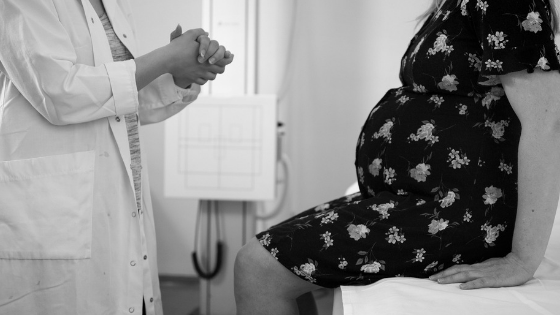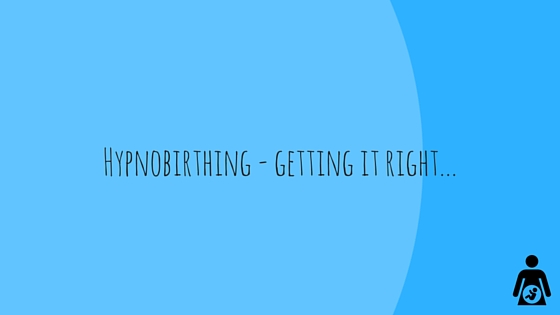The language of birth – does it really matter?
In recent years many birth workers have started to look carefully at the language used around pregnancy and birth. Why? Does it really matter? It is after all just words.
Well actually, yes it matters quite a lot! Whoever said that ‘words can never hurt me’ had obviously never been told any of the following :
– that they were ‘failing to progress’
– that their cervix is ‘incompetent’
– that they will have a ‘trial of forceps’
– that they are ‘not allowed’ to choose/decline (whatever) at their own birth
The above are just a few examples of the unintentional yet totally scary, discouraging and dis-empowering words and phrases which a woman does NOT need to hear as part of her birth.
So, with regards to the previous four points above –
‘Failing to progress’ = not birthing at the expected speed based on whoever decides at what speed the average uterus should operate this week, however if mum and baby are both well then being supported to relax and continue should be offered to mum.
‘Incompetent cervix’ = When the cervix shortens and opens in the second trimester (16 to 24 weeks) or early in the third trimester without any other symptoms of labour. Nobody is incompetent! This is not your fault and options are available.
‘Trial of forceps’ = When a caregiver offers to assist baby to be born using forceps as opposed to the word ‘trial’ immediately suggesting that failure is expected!
‘You are not allowed/have to do something’ = Mum does the allowing. Your baby, your body, your birth, your informed choice. Things can be ‘recommended’ to you or ‘not recommended’ but use of the word ‘allow’ is simply inaccurate and unacceptable.
The language use during labour and birth can have a profound impact in the birth room. Even when it refers to the same thing! For instance, ‘we don’t allow you go past 42 weeks here’. Scary huh? What will happen I wonder? Do they send the maternity police round with a warrant to bring you in? Will they tell social services? (No on both counts).
Had the correct language been used ‘we don’t recommend you past 42 weeks here’ would have been a much better way of explaining while taking into account some important points…
-it’s actually the birthing mother who does the ‘allowing’ nobody else
-the word ‘recommend’ is the appropriate one as it opens up a conversation about the recommendation and then enables mum to make a decision based on the information she is then given. A decision made when in full possession of all the facts makes it more likely to be one mum is comfortable with and subsequently create a more positive experience
When a mother hears negative words and phrases at her birth it makes her feel tense and insecure. This in turn stops her birth hormones functioning optimally and labour can be longer. This can cause adrenaline which blocks mums naturally occurring pain killers (endorphins) being released thus making birth more uncomfortable too.
Each birth experience is different even between different births for the same woman. Birth preparation is key as there is so much that a woman can do to influence their birth experience (a whole other blog topic in itself there!)
There are of course many things which affect how a woman experiences her birth, the way a woman is made to feel during her experience is as important as the physical aspect with regards to how positive she perceives her birth to have been.
Sometimes I hear a birth story where on paper it sounds far from the perfect birth as it deviated a fair way from mum’s original plan yet despite all this she reports a very positive experience. Well, here’s why…if she was listened to, she is able to feel supported, if all options are explained to her she feels confident in her decision making, if the ‘words’ offer and ‘recommend’ are used she feels as if she has choice, if her wishes are respected she feels empowered. It makes such a difference.
To my absolute delight there has been a change in emphasis in the (NICE) Clinical Guidelines over recent years. While previous guidelines focused almost exclusively on clinical actions, the latest version emphasises the importance of good communication and respect for a birthing mums’ choices. A direction is also made to senior staff to “demonstrate, through their own words and behaviour, appropriate ways of relating to and talking about women and their birth companion, and of talking about birth and the choices to be made when giving birth.”
Of course, some birth language comes down to personal preference. Some people prefer to use the word surge or wave instead of contraction, others prefer to avoid use of the word pain. If that is your preference let your caregiver know! Nobody can be expected to second guess whether every single word they say may or may not offend someone. All we can do is our best but a small amount of forethought about our words could be all that is needed to make a world of difference to one of the most significant events in a woman’s life.
Becky X
P.S. I would like to sign off by saying I’m not bashing our amazing NHS. Where would we be without them?!
Thank you to Lou at With You in Mind Therapies for asking me to write this guest blog.






